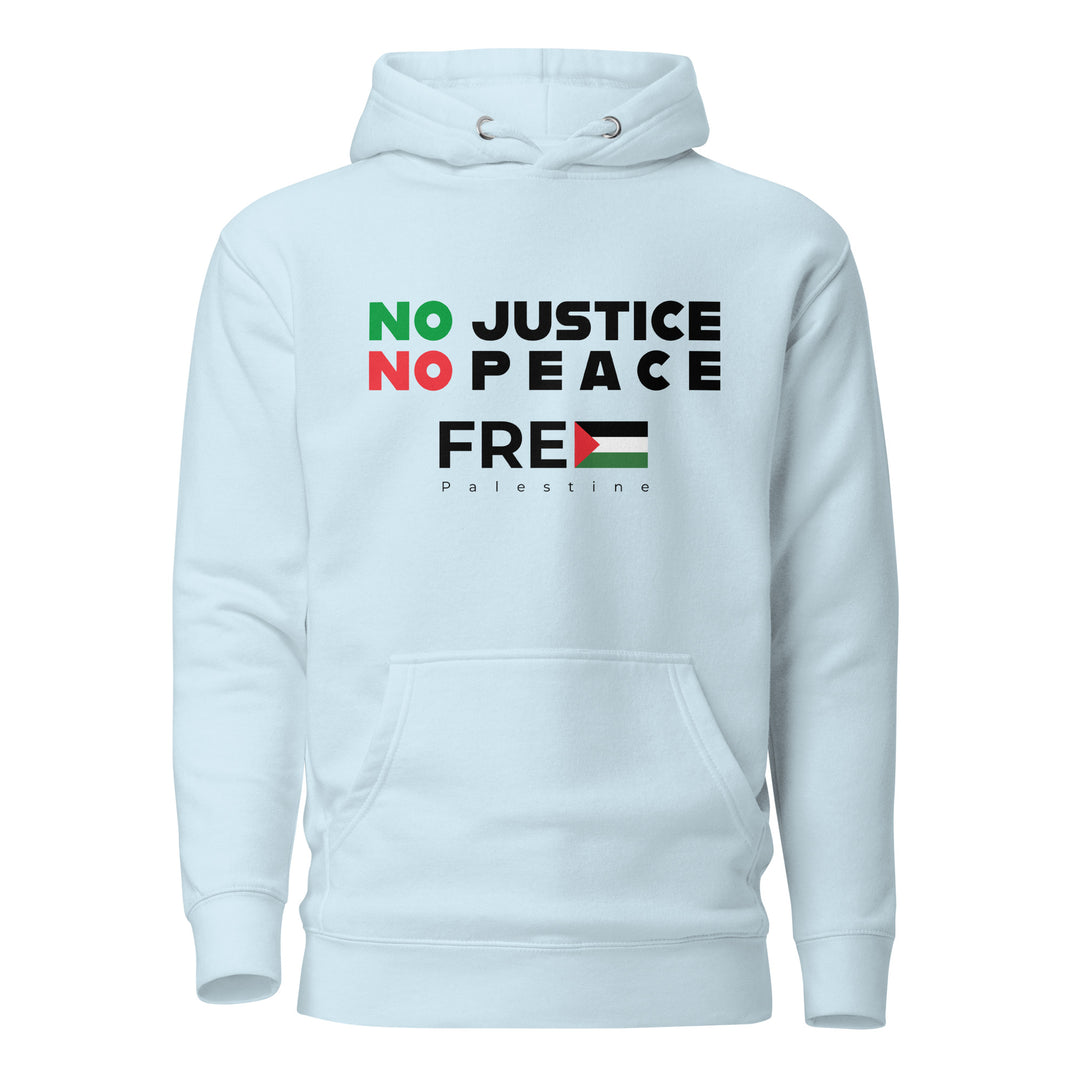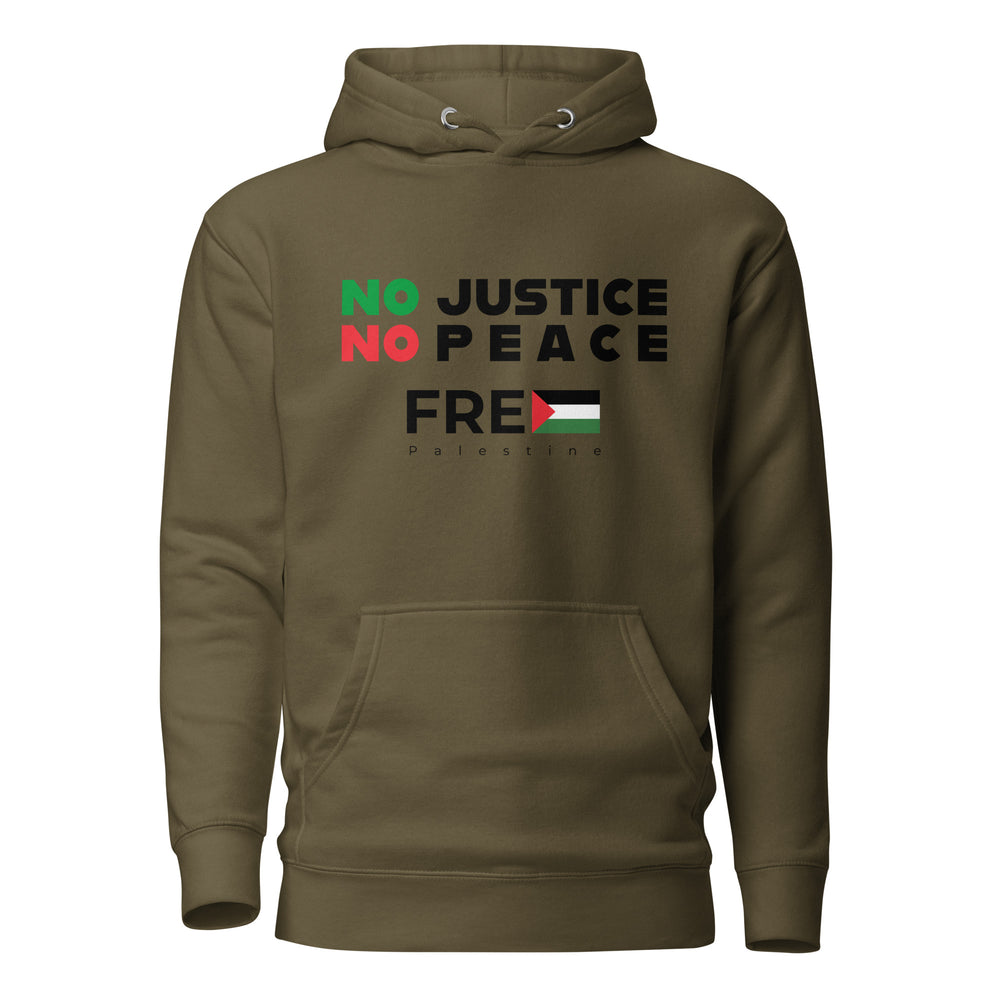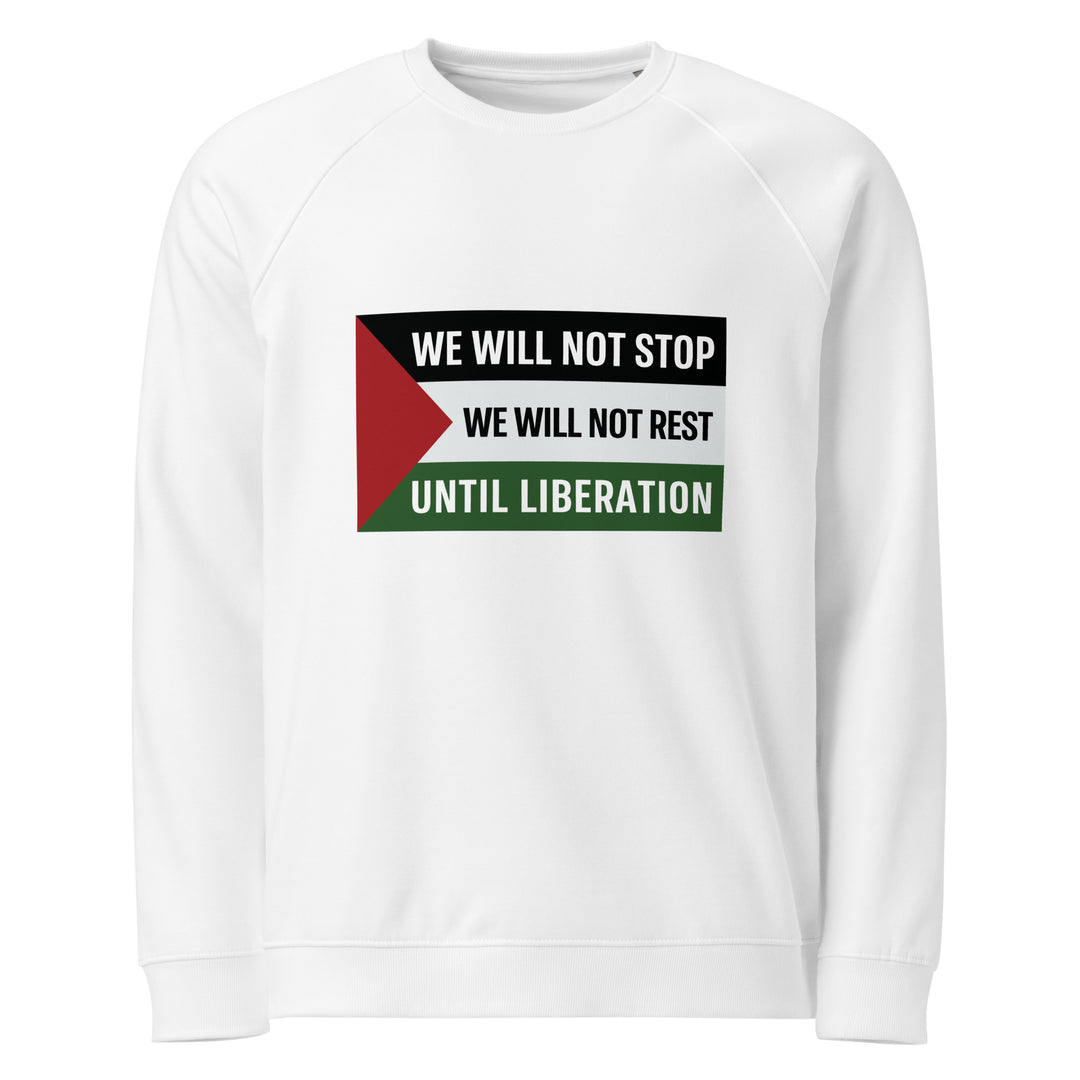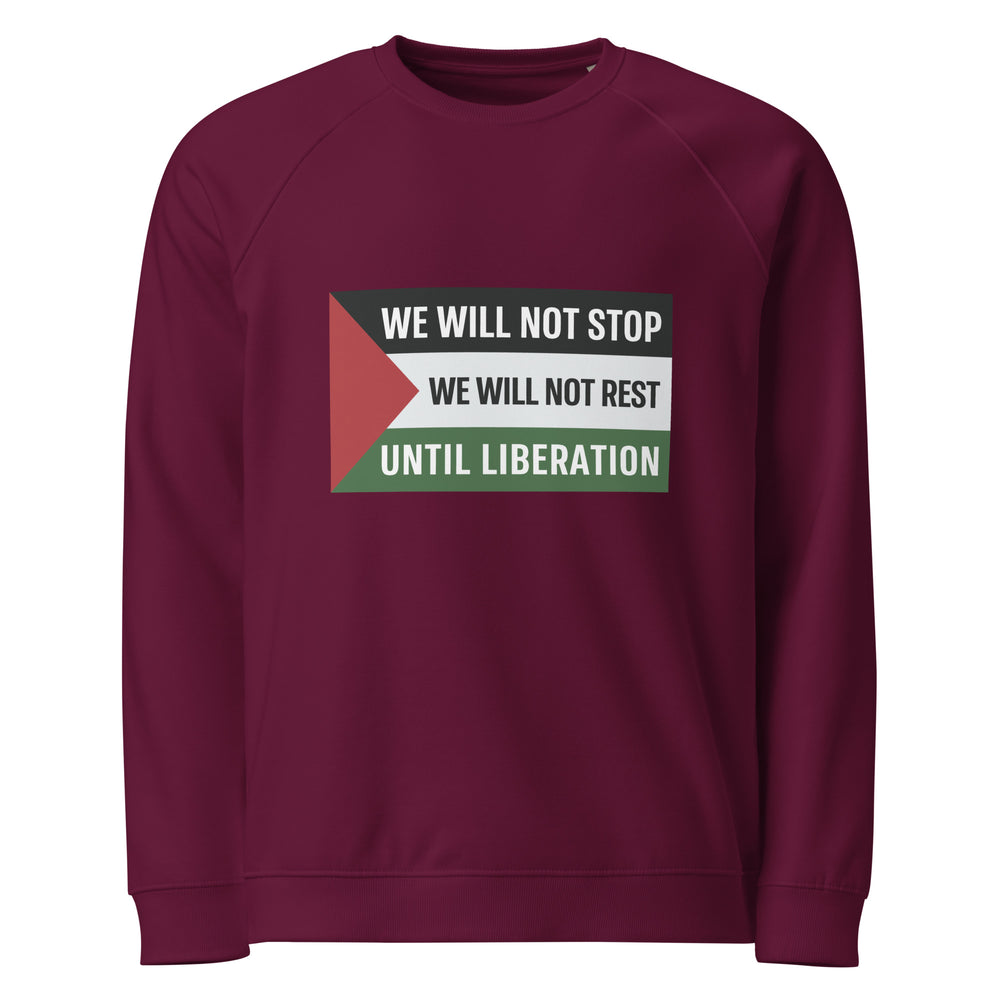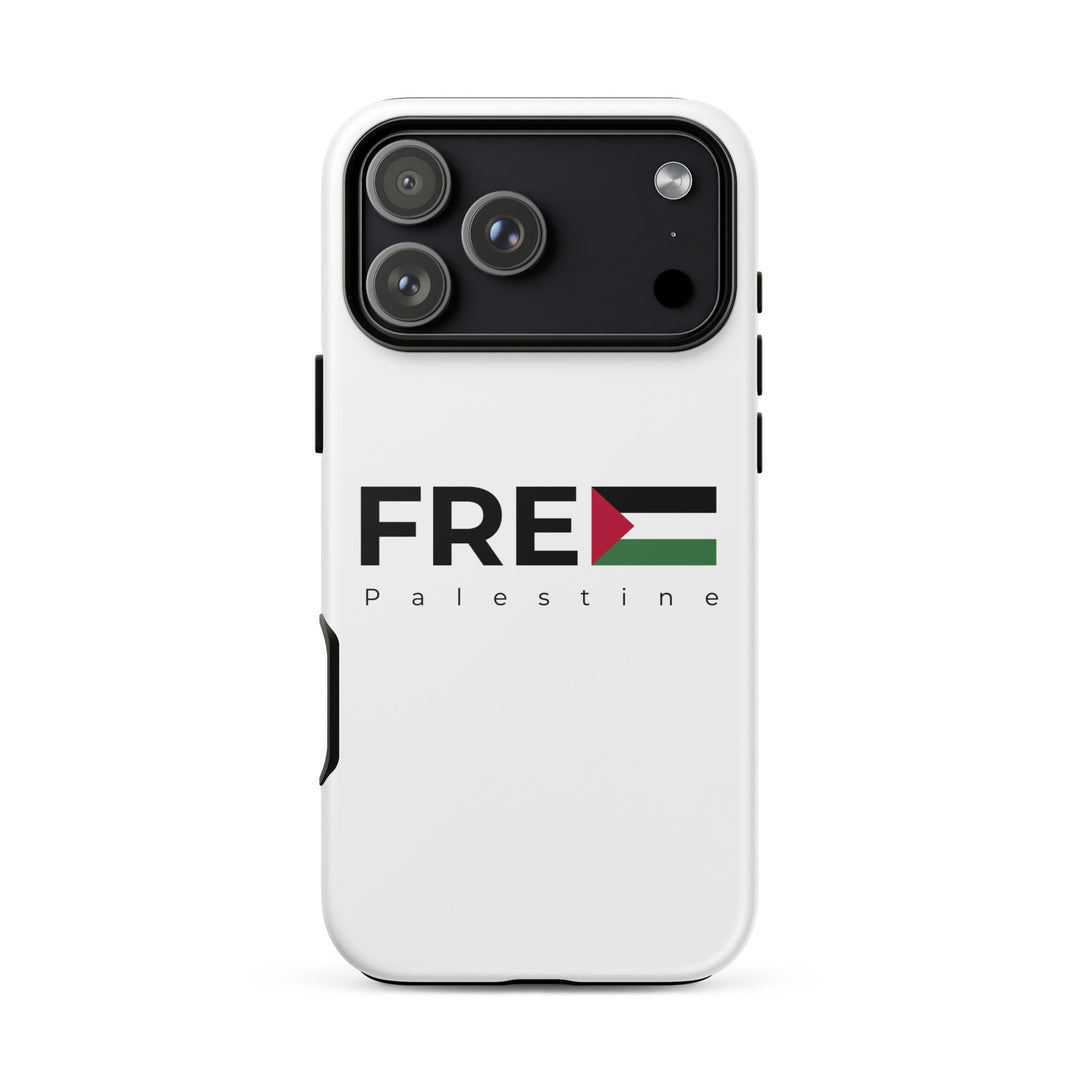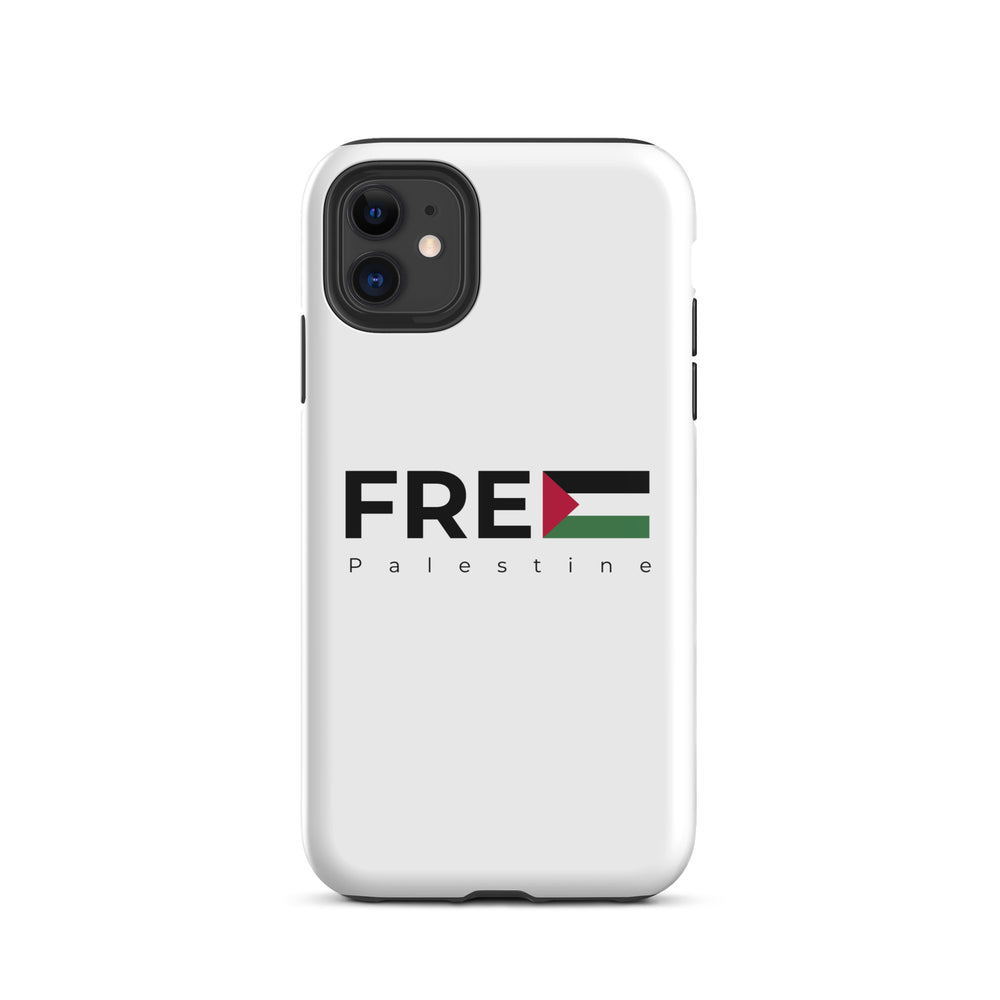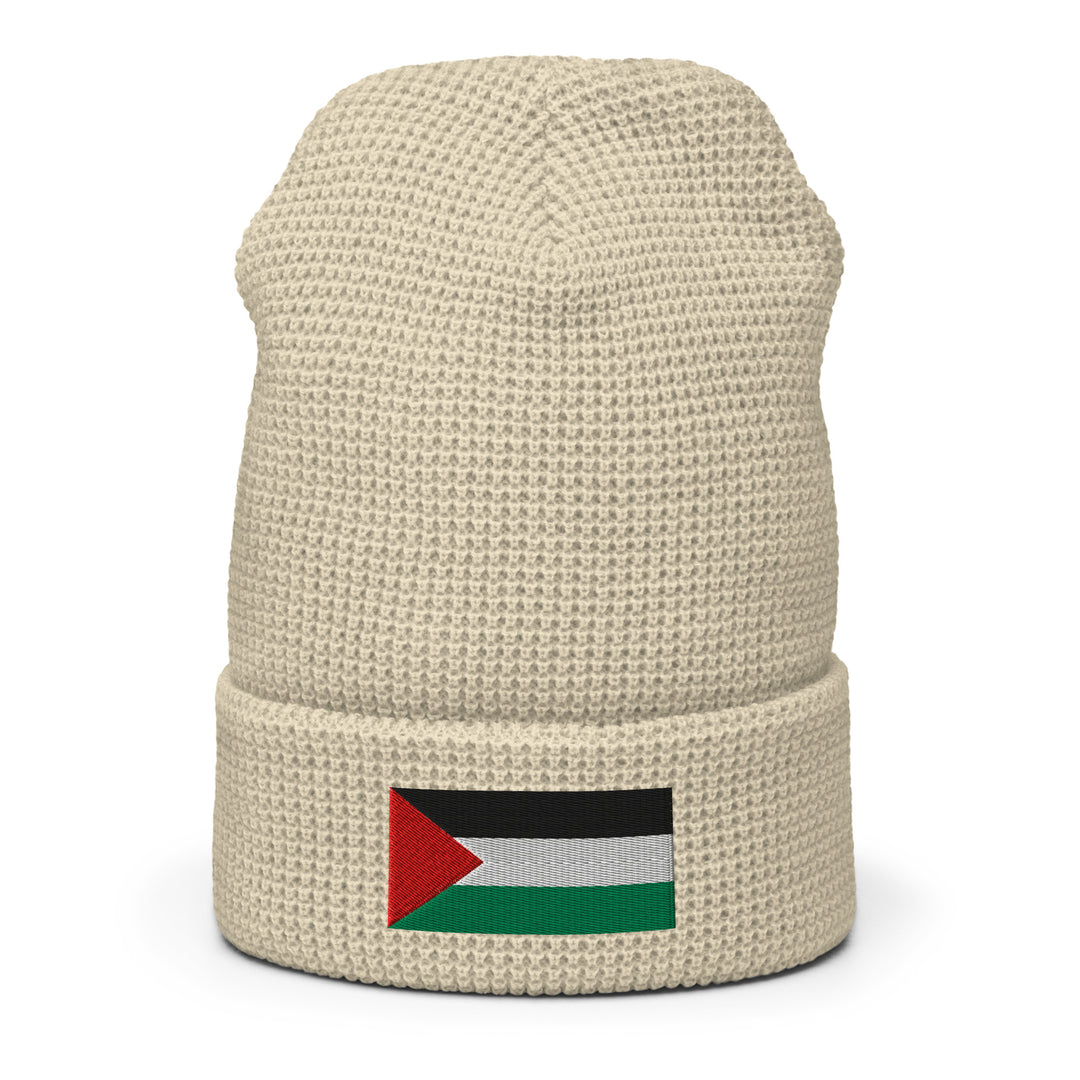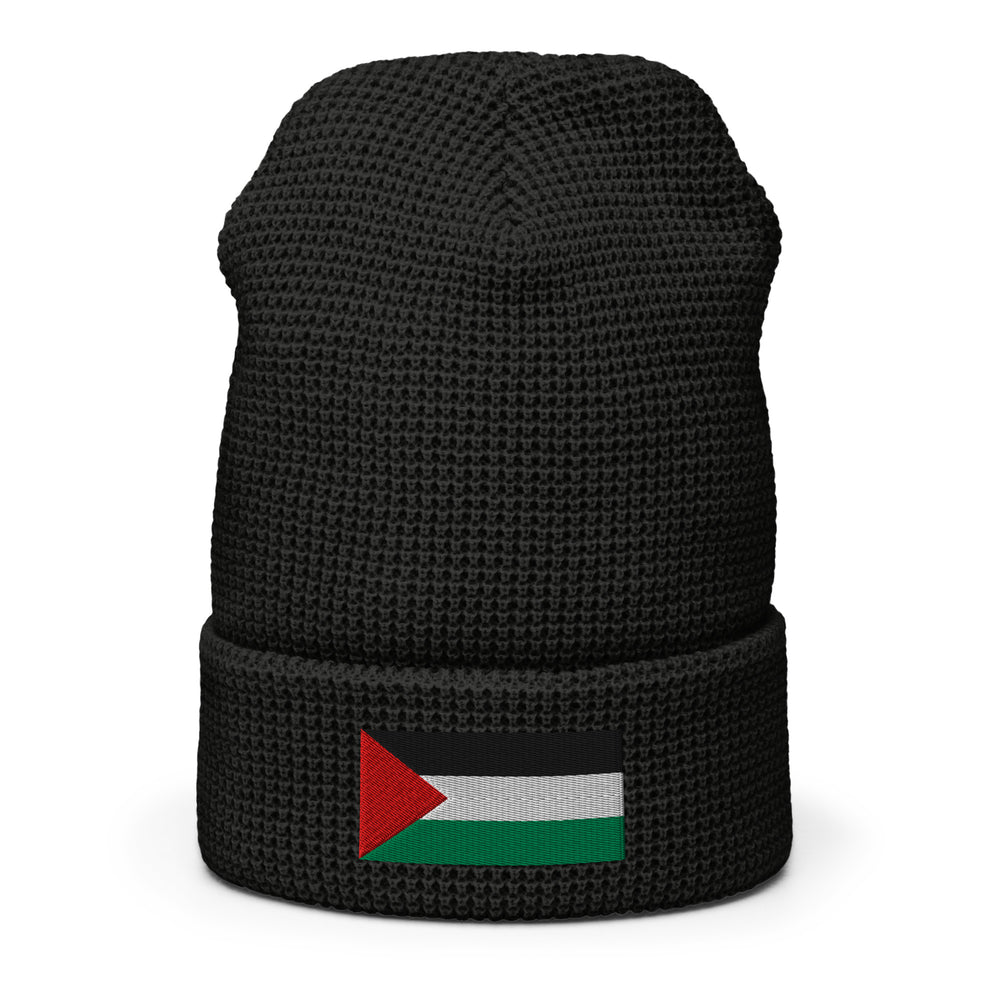The Dawn After Darkness: What Peace Could Mean for Gaza and the West Bank
There's a cautious electricity in the air—the kind that comes when people who've lived through endless night dare to believe morning might actually come. Peace talks are advancing. Ceasefires are holding longer. International pressure is mounting. For the first time in what feels like forever, the word "peace" doesn't sound like a cruel joke when applied to Gaza and the West Bank.
But what does peace actually look like? Not the sanitized version politicians sell, but real peace—the kind where children sleep through the night, where families plan futures instead of funerals, where "normal" means something other than surviving.
Let's talk about what's happening now, what needs to happen next, and what role each of us plays in turning fragile hope into lasting reality.
Where We Are: The Fragile Now
Recent weeks have brought developments that would have seemed impossible just months ago.
Ceasefire agreements are holding—not perfectly, not permanently yet, but longer than before. The silence between explosions is stretching. People are beginning to move through their days without constant fear of the sky falling.
Aid is flowing—still not enough, never enough, but more than before. Trucks are crossing borders. Medical supplies are reaching hospitals. Food is getting to families who haven't had a proper meal in months.
Diplomats are talking—and more importantly, they're being forced to listen. Years of grassroots pressure, millions of voices refusing to be silent, have created political space that didn't exist before. Conversations that were once dismissed as radical are now happening in government chambers.
The world is watching—and that matters more than we sometimes realize. When millions of people wear their solidarity, post their support, show up to demonstrations, it becomes politically costly to ignore Palestinian suffering. Visibility creates accountability.
But here's the truth we can't sugarcoat: Gaza is still devastated. The West Bank is still occupied. Families are still displaced. Children are still traumatized. Infrastructure is still destroyed. The blockade is still choking Gaza's economy. Settlements are still expanding.
Peace talks are promising. But promises don't rebuild homes. Hope doesn't fill empty stomachs. Negotiations don't heal trauma.
What comes next will determine whether this moment becomes a turning point or just another false dawn.
What Peace Actually Requires
Real peace—not just the absence of bombs, but the presence of justice—requires specific, concrete actions. Here's what must happen:
In Gaza: From Rubble to Renewal
End the blockade. Full stop. Gaza cannot heal, cannot rebuild, cannot breathe while strangled by restrictions on movement and trade. The blockade has turned Gaza into an open-air prison. Peace means opening the doors.
Massive reconstruction. We're talking about rebuilding an entire society. Homes, schools, hospitals, water systems, electrical grids, roads—everything. This requires billions in funding and years of sustained effort. The international community must commit resources without political strings attached.
Economic revival. Gaza needs jobs, not just aid. People need the ability to work, to build businesses, to support their families with dignity. This means investment in infrastructure, support for local enterprises, and access to markets.
Psychological healing. An entire generation of children has grown up knowing only war. The trauma is profound and will echo for decades unless addressed intentionally. Mental health services, trauma counseling, and community healing programs must be prioritized.
Return and reunification. Families separated by conflict need pathways to reunite. Refugees need the right to return to their homes, as guaranteed by international law.
In the West Bank: From Occupation to Liberation
Freeze and reverse settlement expansion. Settlements are illegal under international law and make peace impossible by fragmenting Palestinian territory. They must stop expanding immediately, and existing settlements must be addressed as part of any comprehensive solution.
Dismantle the permit system. Palestinians in the West Bank navigate a Byzantine system of checkpoints, permits, and restrictions that control every aspect of daily life. Freedom of movement isn't a concession—it's a basic human right.
Stop home demolitions. Palestinian families live under constant threat of having their homes destroyed. This practice must end immediately.
Protect land rights. Palestinian farmers and landowners face constant threats of confiscation and violence. Their rights to their land must be protected and enforced.
Equal access to resources. Water, electricity, and other essential resources are distributed inequitably. Justice requires equal access for all people.
For All Palestinians: Justice and Dignity
Political self-determination. Palestinians must have the right to determine their own political future. Whether through statehood, confederation, or another framework, the solution must center Palestinian agency and consent.
Right of return. Millions of Palestinian refugees have been displaced for generations. International law guarantees their right to return. Any just peace must address this fundamental right.
Accountability for violations. There must be accountability for war crimes and human rights violations. Justice isn't optional—it's foundational to lasting peace.
Cultural preservation and celebration. Palestinian culture, history, and identity must be protected, celebrated, and passed to future generations without fear of erasure.
Equality before the law. All people—regardless of ethnicity or religion—must have equal rights, equal protection, and equal dignity under the law.
The Timeline: What Happens When
Peace isn't a single moment—it's a process with stages:
Right Now (Weeks to Months)
-
Solidify ceasefire agreements with international monitoring
-
Surge humanitarian aid to address immediate needs
-
Begin emergency reconstruction of essential infrastructure
-
Establish trauma support services for affected populations
-
Create mechanisms for accountability and documentation of violations
Near Term (Months to Two Years)
-
Lift the blockade on Gaza
-
Freeze all settlement construction
-
Launch comprehensive reconstruction programs
-
Begin political negotiations with Palestinian leadership
-
Establish economic development initiatives
-
Create pathways for family reunification
-
Implement educational programs focused on peace-building
Medium Term (Two to Five Years)
-
Complete major infrastructure reconstruction
-
Reach political agreements on governance and borders
-
Address settlement issues comprehensively
-
Establish truth and reconciliation processes
-
Develop regional economic partnerships
-
Create frameworks for refugee return
-
Build institutions for self-governance
Long Term (Five Years and Beyond)
-
Full implementation of political agreements
-
Complete economic integration and development
-
Ongoing healing and reconciliation work
-
Cultural flourishing and preservation
-
Regional stability and cooperation
-
Generational healing from trauma
The Obstacles: What Could Go Wrong
We have to be honest about the challenges ahead:
Political will can evaporate. When media attention fades, political pressure often follows. Governments that promise support today may retreat tomorrow if they don't feel sustained pressure from their citizens.
Spoilers exist on all sides. There are actors—political, military, and ideological—who benefit from continued conflict and will work to undermine peace efforts.
The status quo has powerful defenders. Current arrangements benefit some people enormously. They will resist change, even when that change means justice for millions.
Trauma creates cycles of violence. Generations of pain don't disappear with a signature on a peace agreement. Healing takes time, intention, and resources.
Economic interests complicate everything. Arms sales, resource extraction, and geopolitical positioning create financial incentives for continued instability.
International hypocrisy persists. Countries that claim to support peace often act in ways that perpetuate conflict. Holding them accountable requires constant vigilance.
Your Role: Why Solidarity Still Matters
You might be thinking: "Peace talks are happening. Diplomats are negotiating. What difference does my Free Palestine hoodie make now?"
Everything. It makes everything different.
Here's why:
Visibility prevents backsliding. When millions of people visibly support Palestinian rights, it becomes politically difficult for governments to abandon peace efforts or accept unjust compromises. Your visibility is accountability.
Sustained pressure drives implementation. Peace agreements mean nothing if they're not implemented. Continued activism ensures that promises become policies and policies become reality.
Economic solidarity provides alternatives. Supporting Palestinian businesses, artists, and initiatives creates economic pathways that don't depend on political agreements. Your purchases are political acts.
Cultural solidarity preserves identity. When you wear Free Palestine clothing, share Palestinian art, amplify Palestinian voices, you're participating in cultural preservation. You're saying: "You exist. You matter. You will not be erased."
Education combats normalization. As peace talks progress, there will be pressure to "move on" and "forgive and forget" without addressing root causes or ensuring justice. Continued education prevents this historical amnesia.
Community sustains hope. Palestinians living through this need to know they're not alone. Every demonstration attended, every post shared, every conversation started sends a message: "We see you. We're with you. We won't stop until you're free."
What You Can Do Right Now
Concrete actions for this moment:
Stay visible. Keep wearing your Free Palestine clothing. Especially now, when media attention may shift, visibility matters. Be the reminder that Palestine still needs support.
Educate yourself and others. Understand what's in peace proposals. Know what justice requires. Share this knowledge. Have conversations. Challenge misconceptions.
Support reconstruction. Donate to organizations doing rebuilding work in Gaza. Support Palestinian businesses. Buy from Palestinian artists and creators.
Pressure your government. Contact your representatives. Demand they support comprehensive peace efforts, humanitarian aid, and accountability. Make it clear you're watching and will hold them accountable.
Amplify Palestinian voices. Follow Palestinian journalists, activists, and artists. Share their perspectives. Center their voices in all conversations about their future.
Join local organizing. Connect with Palestine solidarity groups in your area. Collective action is more powerful than individual efforts.
Document and share. Social media broke the information monopoly that allowed injustice to persist in darkness. Keep sharing, keep posting, keep making Palestine visible.
Practice long-term commitment. This isn't a sprint. Peace processes take years, often decades. Commit to being in this for the long haul.
Imagining Peace: What It Could Look Like
Close your eyes for a moment and imagine:
Children in Gaza playing on beaches without fear. Schools full of students learning science and art instead of taking shelter from bombs. Hospitals treating routine illnesses instead of war casualties. Families planning vacations instead of evacuations.
Farmers in the West Bank tending olive groves without fear of settlers or soldiers. Young people commuting to university without checkpoints. Entrepreneurs building businesses with access to markets. Families living in homes they built themselves without threat of demolition.
Refugees returning to villages their grandparents fled. Families reuniting after decades of separation. Elders sharing stories of survival and resistance with grandchildren who will never have to live them.
Palestinian poets writing about love instead of loss. Artists creating beauty instead of documenting destruction. Musicians playing celebrations instead of funerals.
A generation growing up knowing peace as normal. Children who sleep through the night. Teenagers planning futures. Parents watching their kids grow up instead of burying them.
This isn't fantasy. This is what peace actually means. This is what we're fighting for.
The Promise We Make
To Palestinians in Gaza and the West Bank, to refugees scattered across the world, to everyone who has suffered and survived:
We will not let the world forget you. We will not let your suffering be normalized. We will not accept peace without justice. We will not stop until you are free.
We will keep wearing our solidarity. We will keep showing up. We will keep speaking out. We will keep pressuring our governments. We will keep supporting your businesses, amplifying your voices, sharing your stories.
We will be here for the long haul—through setbacks and victories, through frustration and hope, through the long, difficult work of turning peace talks into lived reality.
Because your freedom is bound up with ours. Because justice anywhere requires justice everywhere. Because we are all human, and that means something.
The Choice Before Us
This moment—right now—is a crossroads. Peace is possible, but not inevitable. Justice is achievable, but not guaranteed. What happens next depends on choices we make collectively.
We can let media attention fade and political will evaporate. Or we can maintain pressure until promises become reality.
We can accept compromises that prioritize convenience over justice. Or we can demand solutions that center Palestinian rights and dignity.
We can treat this as someone else's problem. Or we can recognize that Palestinian freedom is connected to freedom everywhere.
We can move on to the next crisis. Or we can commit to seeing this through until the job is done.
The choice is ours. Every day, we choose.
Choose visibility. Choose solidarity. Choose justice. Choose Palestine.
Peace is possible. Justice is achievable. Freedom is coming. But only if we refuse to stop fighting for it. Wear your solidarity. Stay engaged. Keep pushing. The dawn is coming, but we have to walk through the darkness together to reach it. United for Gaza. United for the West Bank. United for Palestine. United until freedom.




















